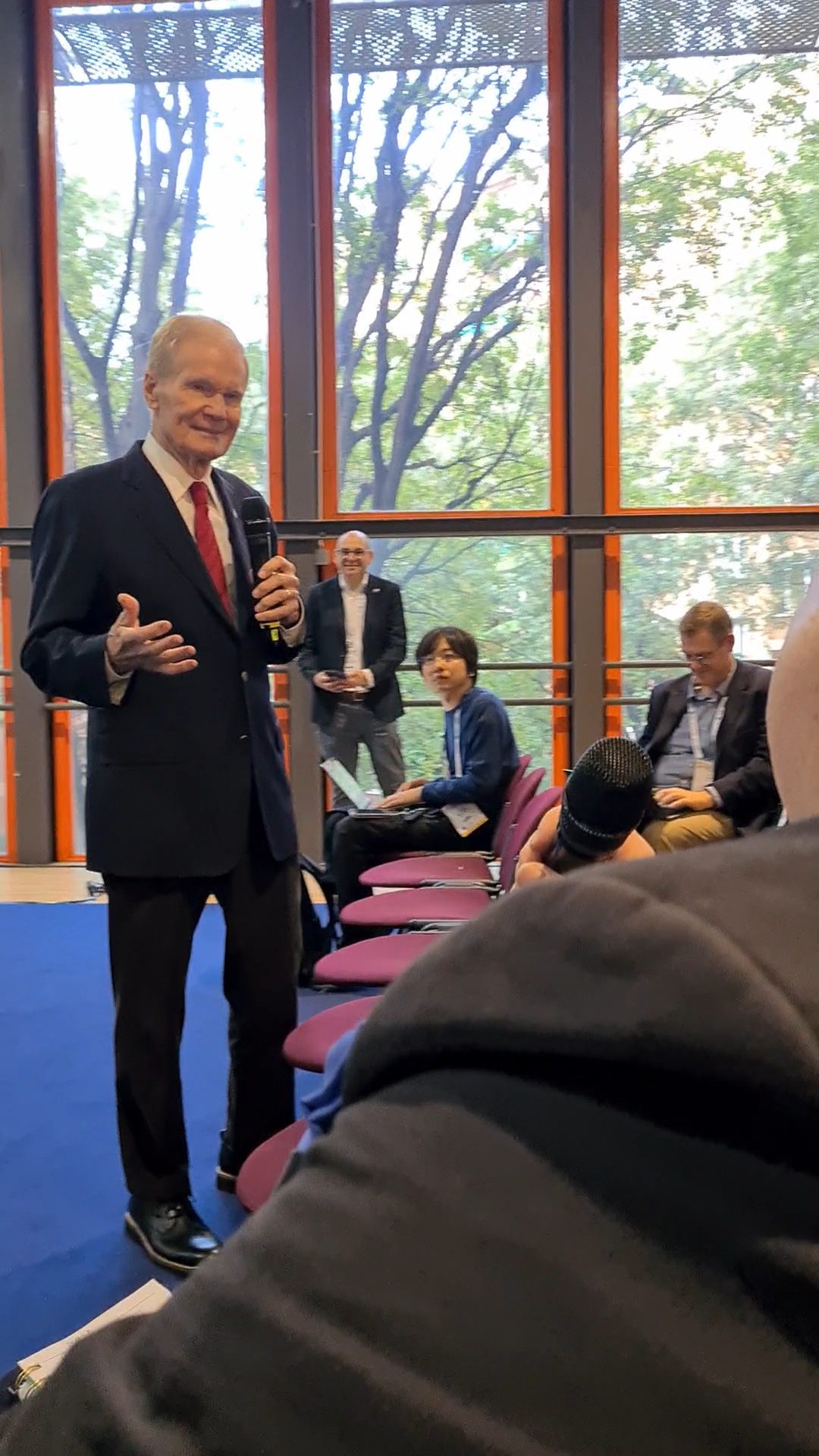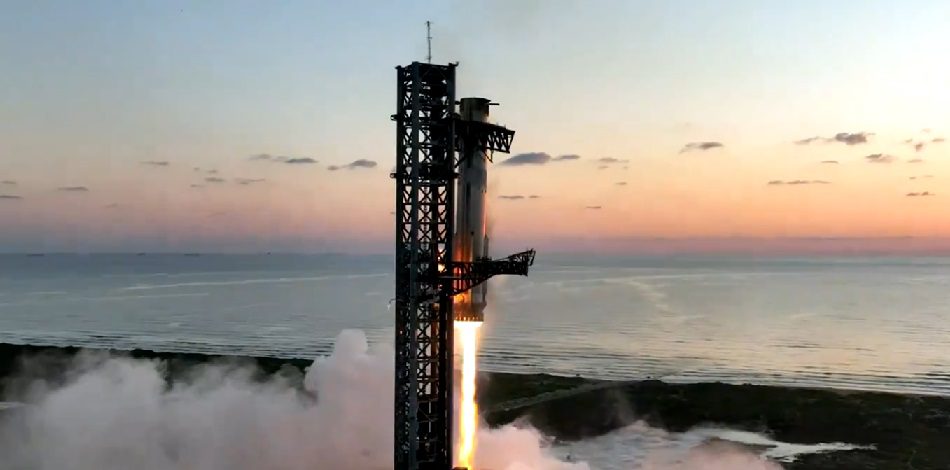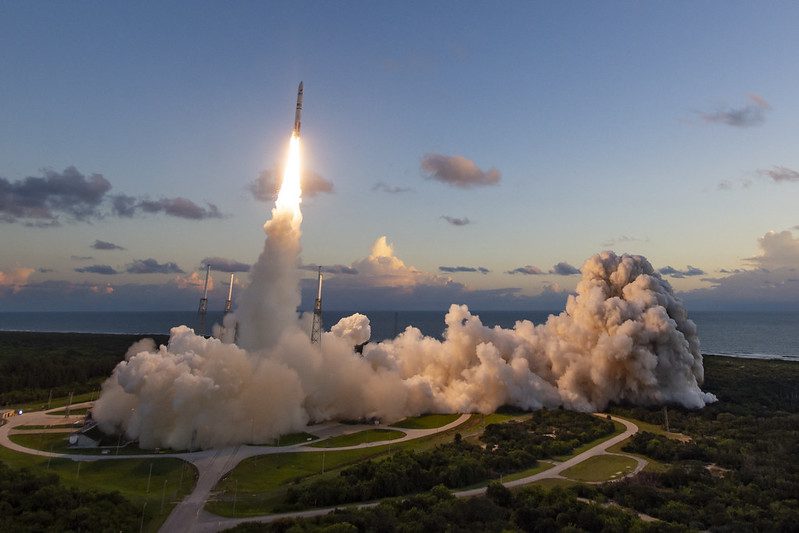Yahsat
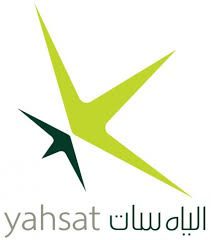
GEO satellite operator Yahsat announced its intention to start publicly trading at least 30 per cent of its shares on 21 June. The company based in and primarily-owned by the United Arab Emirates hopes to be listed on the Abu Dhabi Securities Exchange by Q3 this year. Yahsat’s owner since its formation in 2007 has been the Mubadala Investment Company – a state-owned development and investment company. This is not expected to change with Mubadala (and in turn the Emirati government) keeping a majority shareholding in the newly public company.
Yahsat is in the midst of significant US$500 million investment strategy aimed at revitalising its L-band product. This asset was acquired in 2018 when Yahsat purchased fellow-Emirati company Thuraya and its two aging satellites. Yahsat is in the process of replacing these having ordered a new unit, Thuraya 4-NGS, from Airbus DS in 2020.
Astrocast

Astrocast, a Swiss operator at the other end of the satellite-operator scale to Yahsat, also announced it was considering a public offering in late-June. It too requires more money to support its expansion, aimed at expansion of its LEO sat-IoT CubeSat fleet. To this end it is considering listing 30-40 per cent of its shares on the Euronext Growth exchange.
The company currently has seven CubeSats in LEO and is anticipating these units being joined by five more scheduled to launch by end-of-June on a SpaceX rideshare mission.
Astrocast completed a Series A round of financing in September 2019 which raised just over US$9 million.
Seraphim Capital
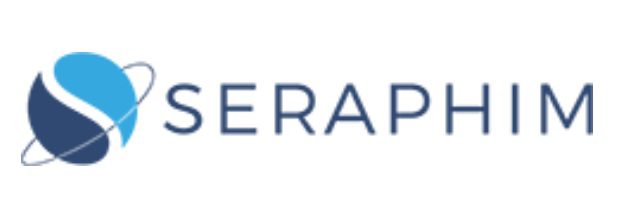
Earlier in June Seraphim Capital, a venture capital fund active in the space industry, announced its plans to place its space portfolio on the public market. This would be in the form of a “Seraphim Space Investment Trust” which would allow shares in it to be traded. Ahead of this potential IPO Seraphim has reported that its space technology fund currently demonstrates an internal rate of return of 31 per cent.
The company has reported its intention to release a prospectus of what investments will initially be in the trust, “in the coming weeks.” Its Space portfolio consists of 19 companies however some of these entities will be left out of the trust at the start. Spire Global, Arqit, Iceye and D-Orbit will not be available at the beginning due to currently undergoing corporate activity which may affect the value of the businesses. However, it is hoped that by the end of the year this activity will have settled and they can be included in the trust.



